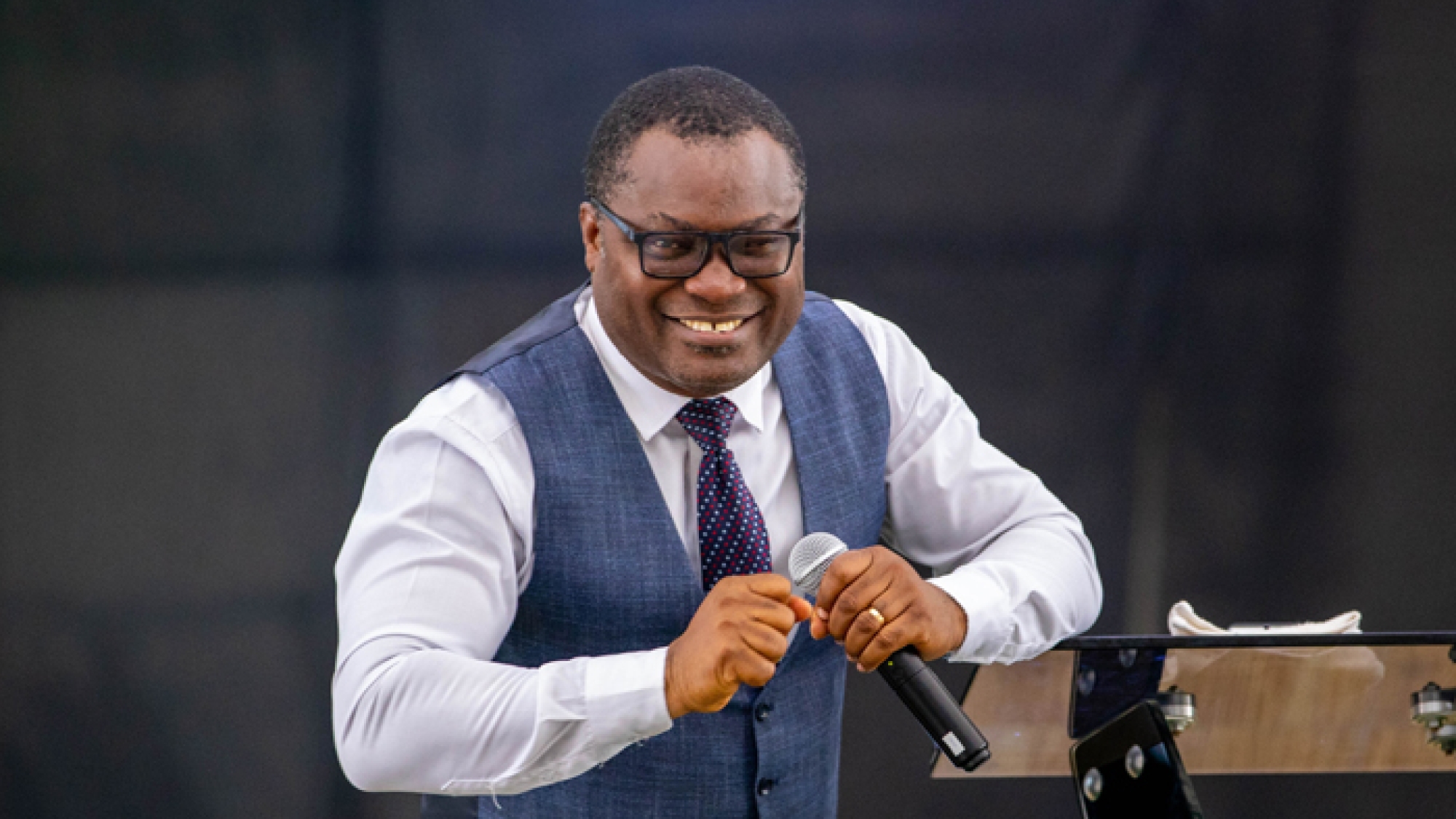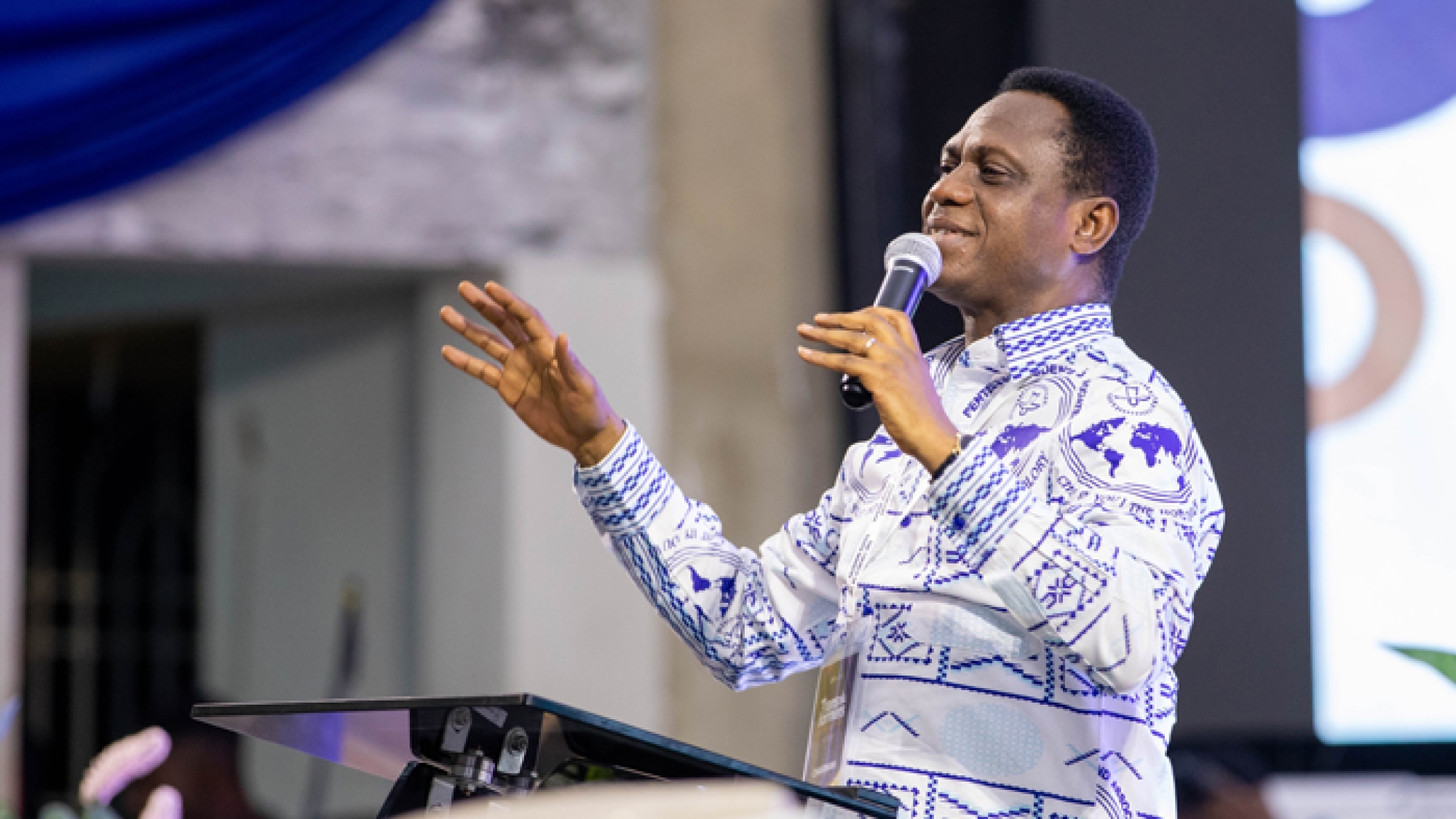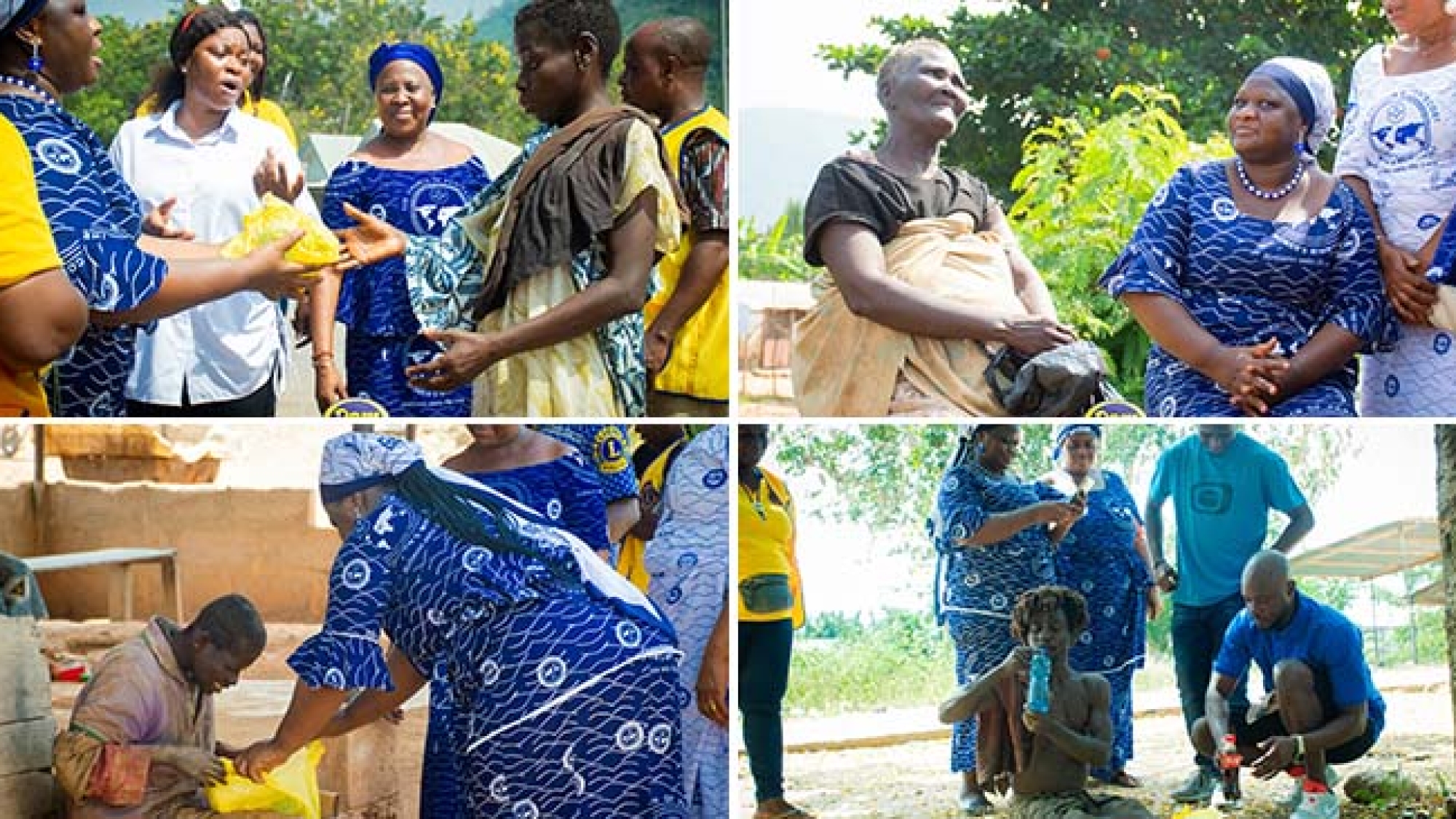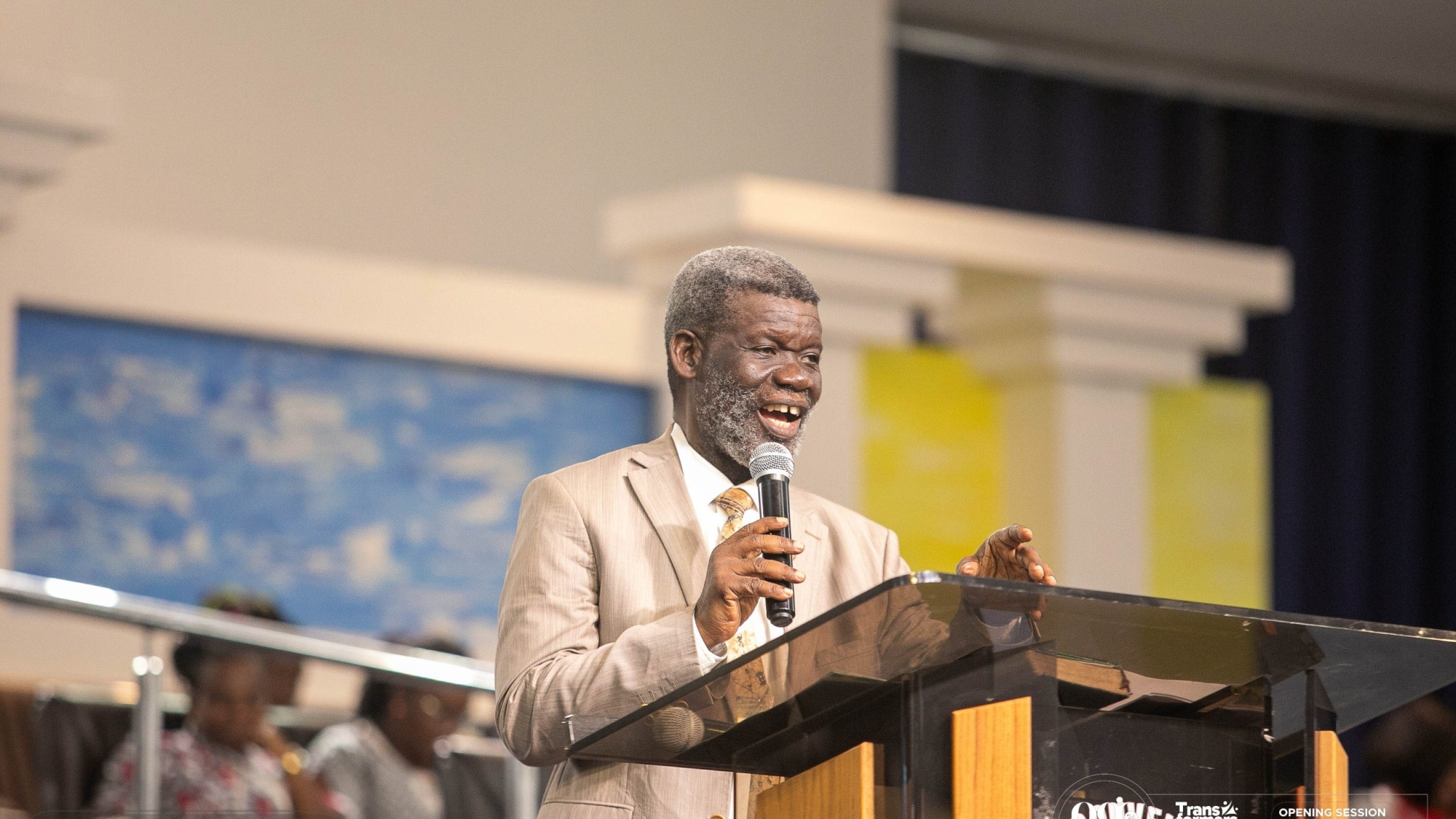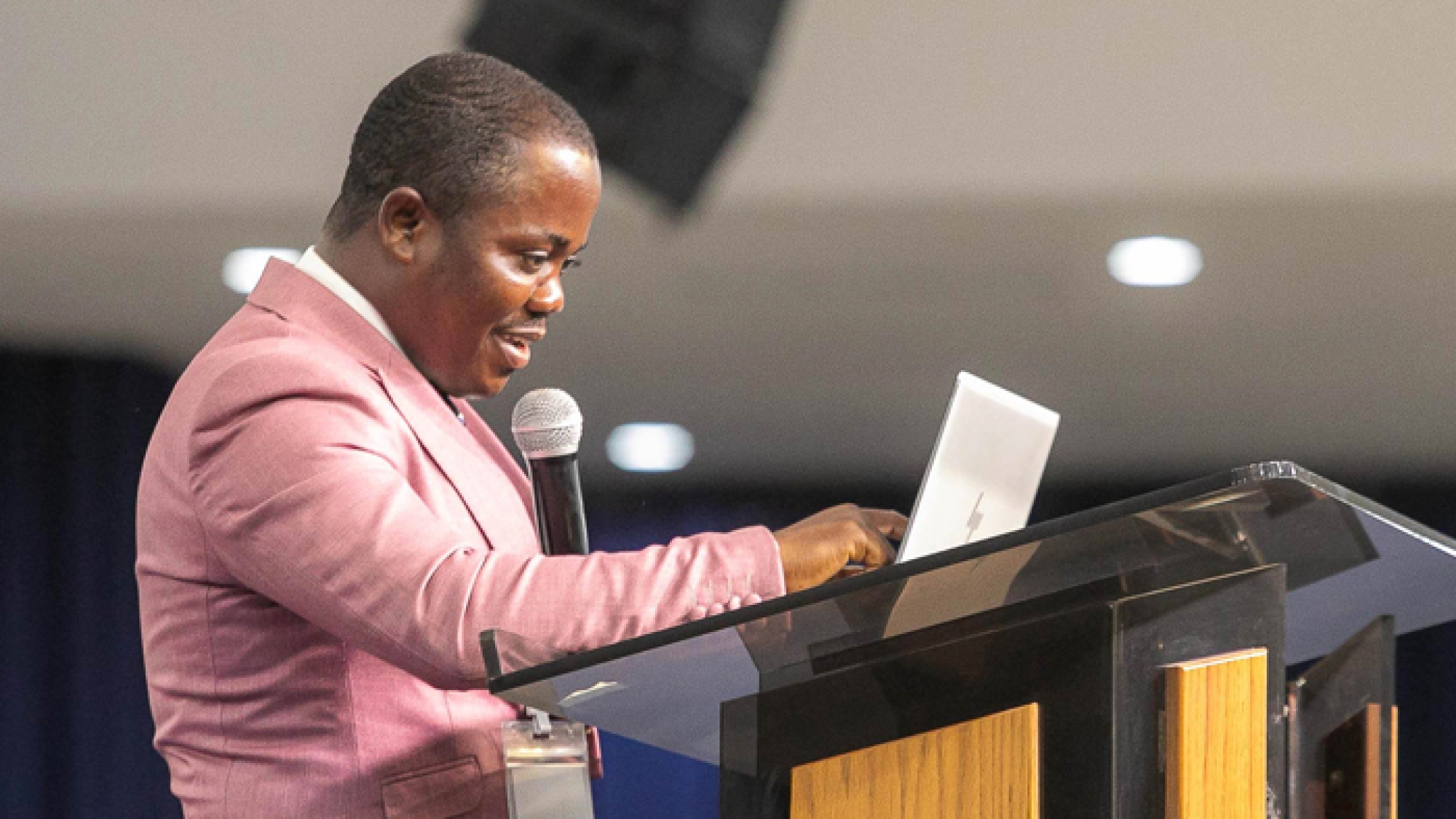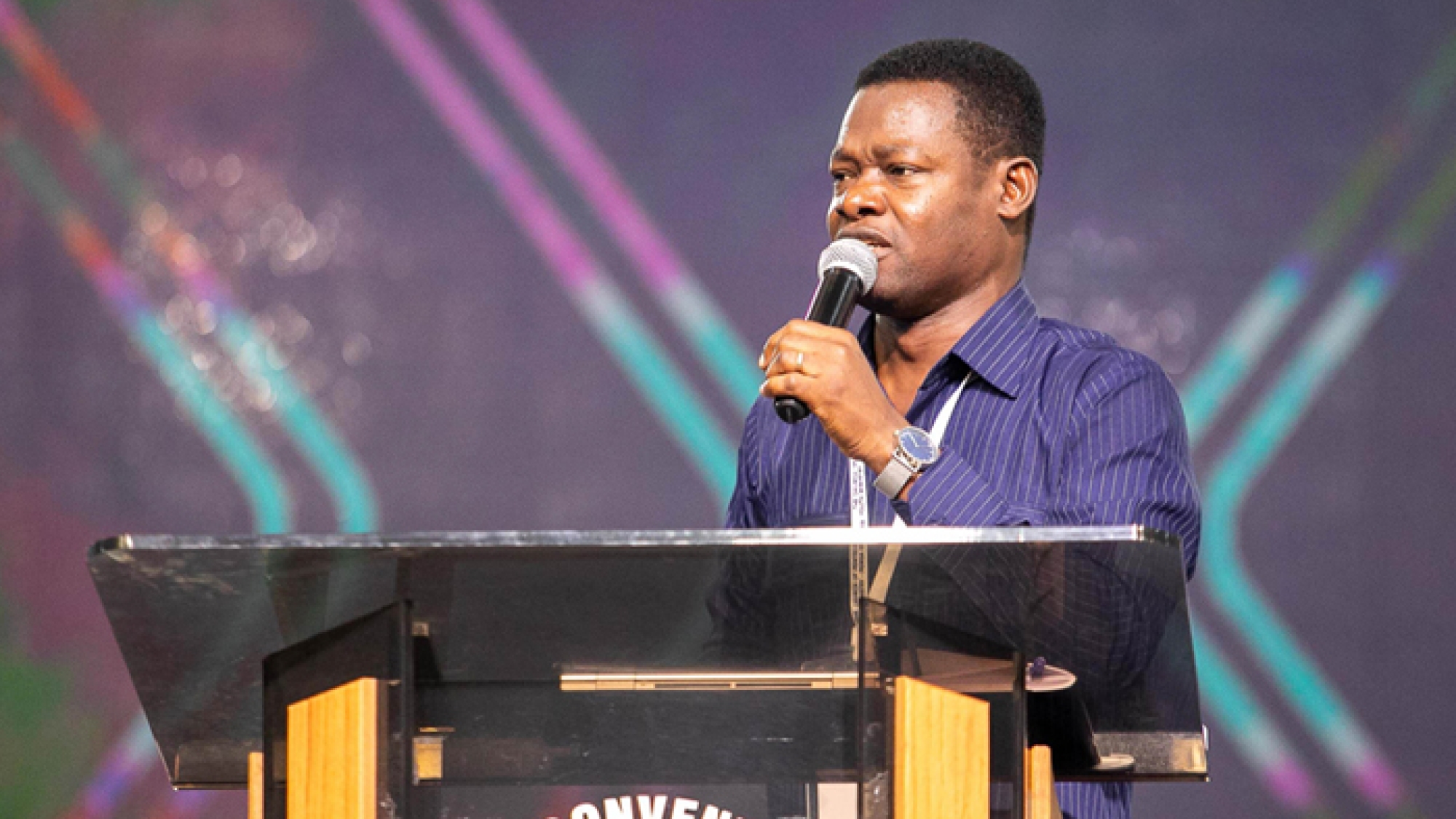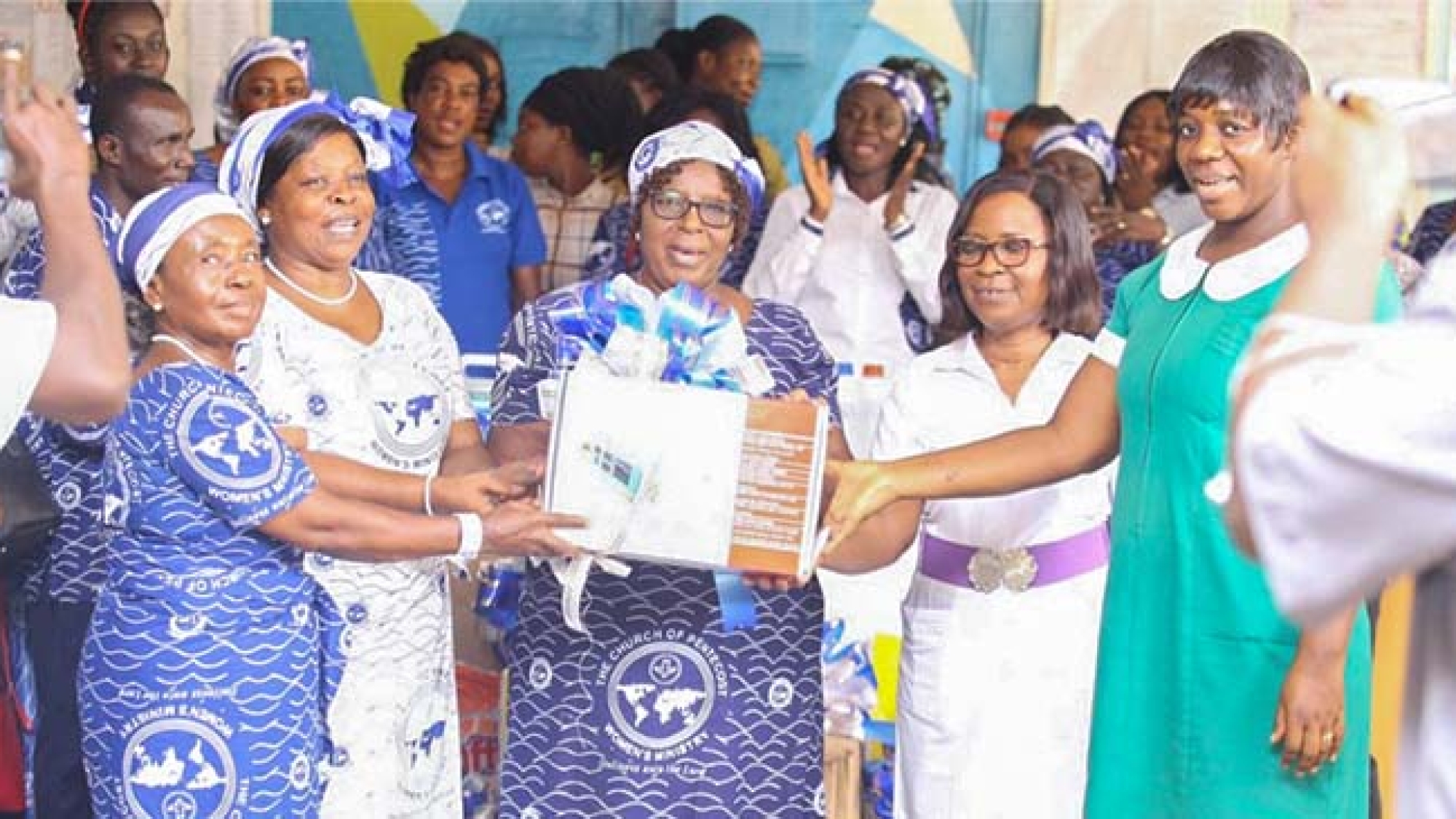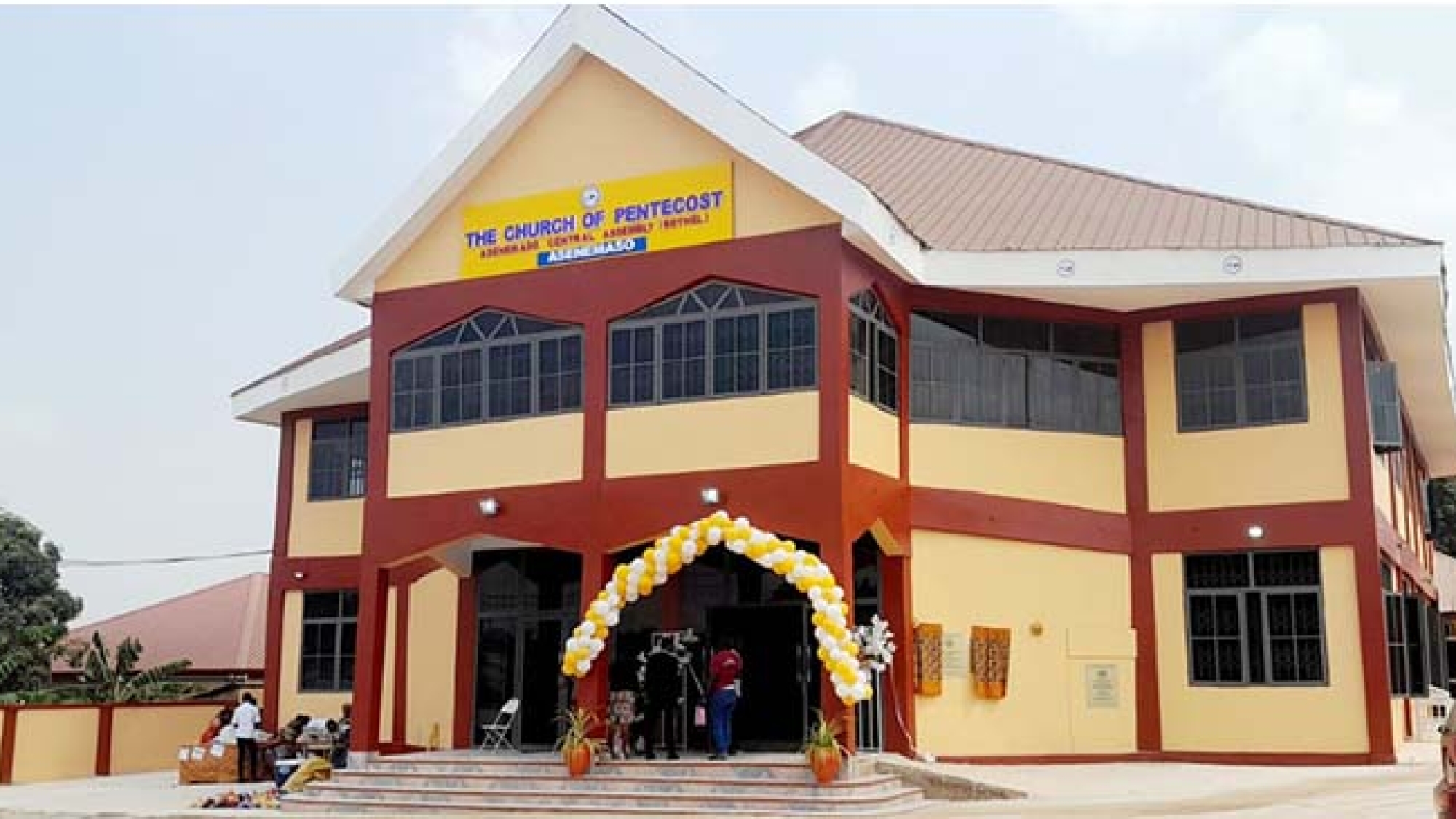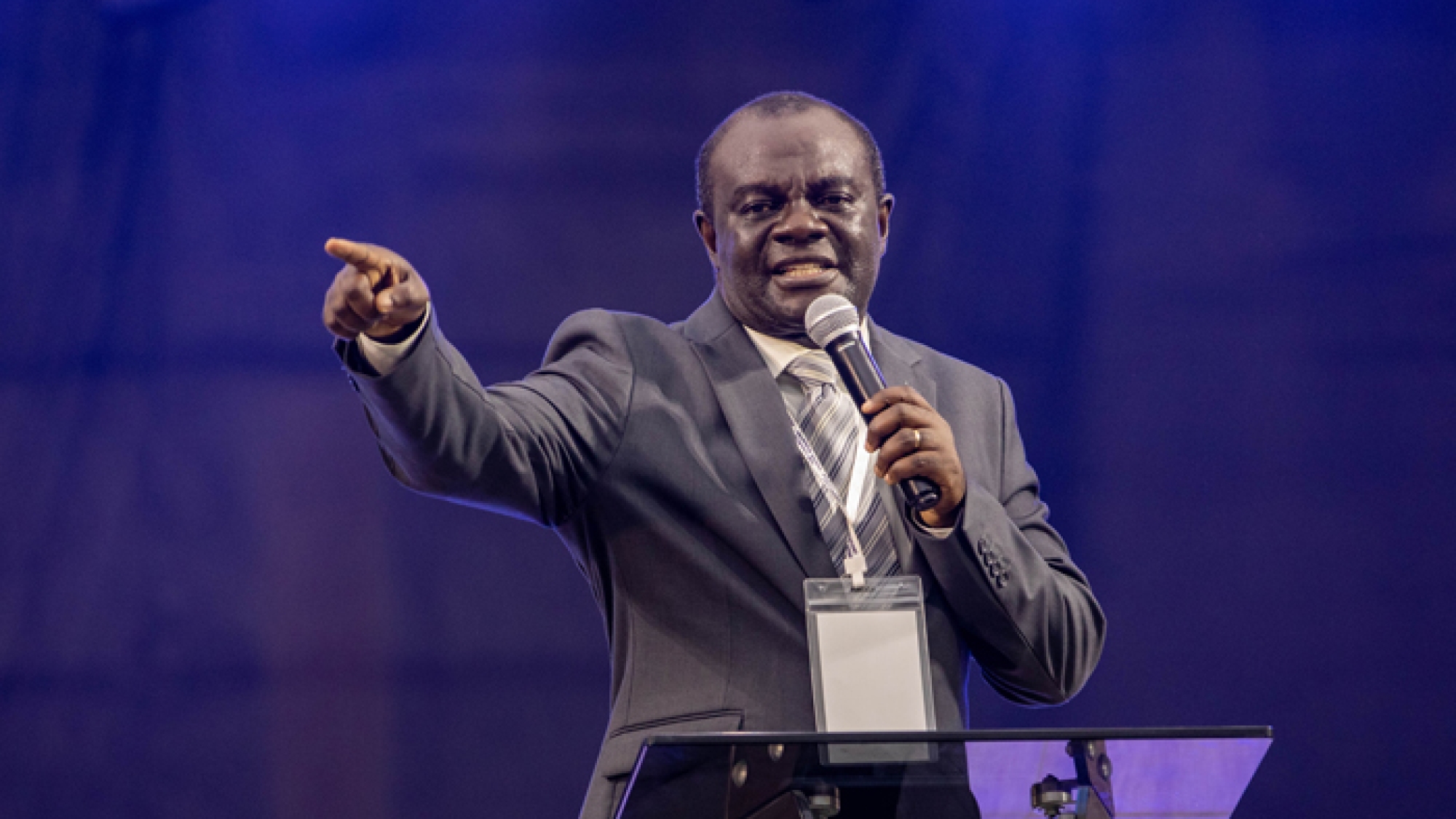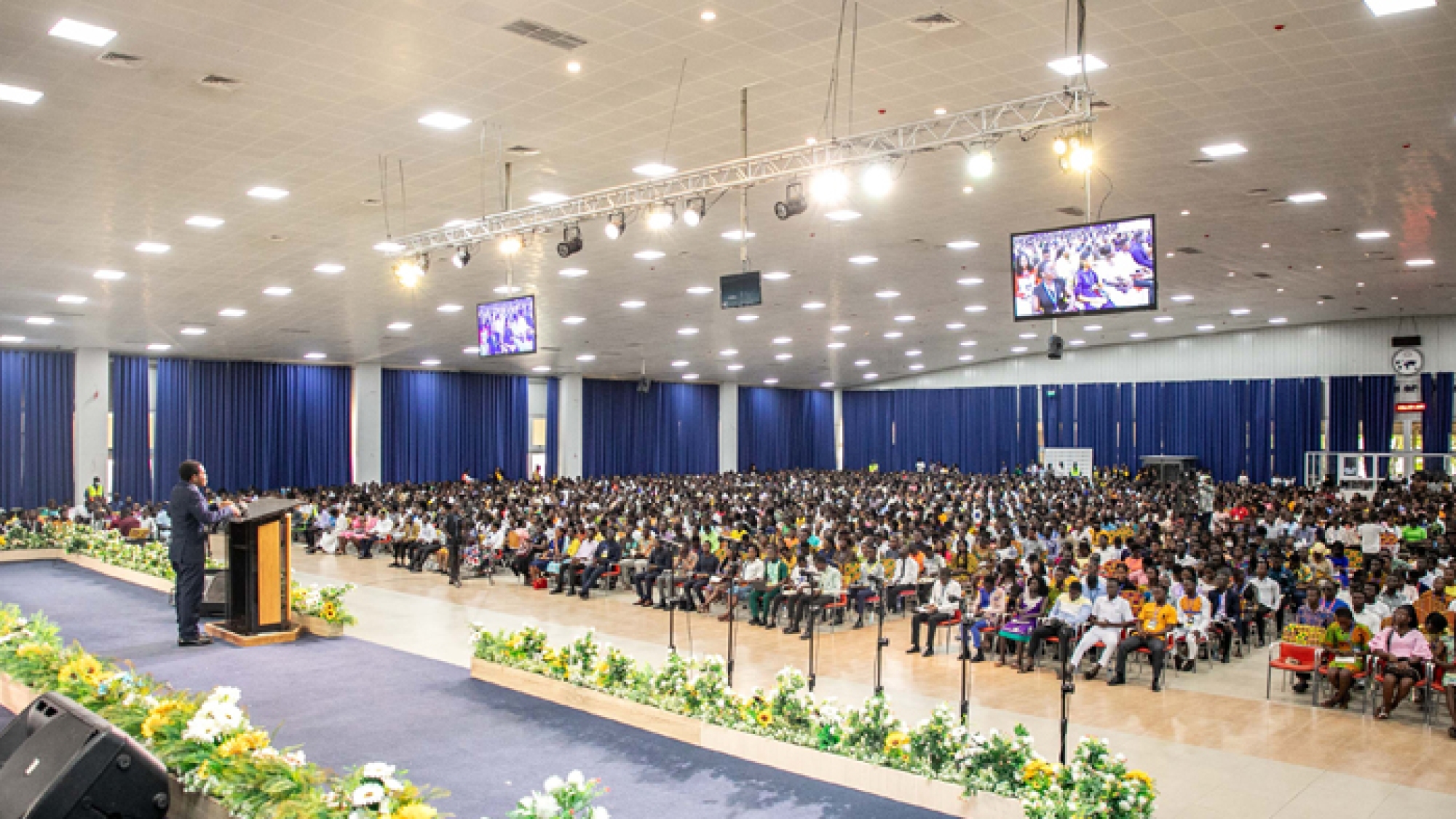The highly anticipated PENSA Ghana Conference 2024 kicked off its opening session with a powerful message of empowerment and transformation for young people across the country and beyond by the General Secretary of The Church of Pentecost, Apostle Samuel Gyau Obuobi.
The PENSA Ghana Conference is an annual national mega-gathering of all youth in the Church of Pentecost, Ghana and beyond.
This year’s edition, dubbed the Transformers Conference, began yesterday, January 2, 2023, and is expected to end on Friday, January 5, 2023, under the theme, “Young People Unleashed to Transform their World” (1 Peter 2:9; Acts 1:8).
The Transformers Conference has drawn a large number of youth in the Church eager to participate from three different centres: the Pentecost Convention Centre (PCC) in Gomoa Fetteh, KNUST in Kumasi, and UDS in Tamale.
In his opening address, the PENSA Ghana Coordinator, Elder Samuel Boahene, warmly welcomed the participants, ministers and distinguished guests.
Highlighting the significance of a PENSA Ghana Conference and its relevance in today’s context, he emphasised the importance of the Transformers Conference in achieving the vision of the second phase of the Possessing the Nations Agenda.
“There is a time when the youth need to arise and answer numerous questions. It is a time when the youth need to arise and make their presence felt. The time is now,” exclaimed Elder Boahene.
He further registered his sincerest appreciation to the Chairman of the Church and the leaders for their massive support and guidance in achieving this remarkable feat.
Take advantage of the unique opportunity to seek a personal encounter with the Lord. Draw strength and virtue, and share fellowship with participants drawn at the 3 locations in the country. Build a professional network. Leave this conference holistically empowered,” he advised.
The Youth Ministry Director of The Church of Pentecost, Apostle Ebenezer Hagan, revealed that the conference is at the heart of the Chairman and the leaders of the church.
“The leadership took 50% of the actual registration fees,” he revealed.
He extended appreciation to the Area Heads, District Pastors and Youth leaders for taking the initiative to support the youth.
The conference means a lot to the Lord, who is the owner of the church, and also to the Chairman, who is the vision-bearer. It is also happening when the church of Pentecost has decided to prioritise the ministry of young people. We intend to reach everyone for Jesus”, he noted.
As part of the initiatives for the Youth Ministry’s Vision 2028, “Grounded in Christ, Reaching Everyone and Taking Everywhere for Christ”, the Apostle Hagan noted that the Professional Guilds will be launched to train young people to win their various fields of profession and take them for Christ.
He then gave a Clarion call to every youth to rise to the task and be challenged to take everywhere for God. He finally acknowledged participants joining from Nigeria, Togo, and other countries.
The former Youth Patron, Apostle Samuel Osei Asante, also the Area Head for Kaneshie, gave his opening remarks.
In his address, he made a profound statement that “For the youth to transform their world, they must be transformed first, hence, the need for the Transformers Conference.
“It is a conference for people who are transformers – a people ready for a change. You are to change society. It is possible. As young people, we are being unleashed to transform our world, and that is the burden on our hearts. If you can go out and transform others, you will be transformed. Take a decision. Be transformed”, he stressed.
The main speaker for the day, Apostle Samuel Gyau Obuobi, the General Secretary of The Church of Pentecost, delivered an insightful exposition on the theme.
Drawing references from the theme scriptures, he spoke about the critical role of Christians in the Great Commission, calling for active engagement and commitment.
He emphasised that the Church is a container of the power of God, which is immeasurable, unlimited and surpassing; as such, the world must experience that power.
The opening session also featured uplifting ministrations from the PENSA Ghana Choir, adding a vibrant dimension to the event.
The PENSA Ghana Conference 2024 promises to be a landmark event, setting the stage for a transformative journey for young Pentecostals.
With a lineup of influential speakers, engaging sessions, and spiritual activities, the conference is poised to significantly impact the lives of many young people, empowering them to transform their world.
Report by Pensa Ghana Secretariat Team.





